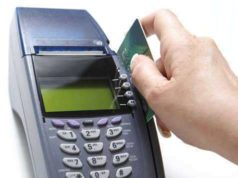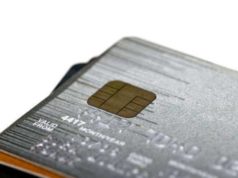
Credit card fraud inherently results in a number of charges and payments which have been made fraudulently. These transactions must be resolved in some fashion, especially because the fraudulent nature of payment for most of the transactions means that it is more likely that there is no actual source of money for the charges that have been fraudulently placed on a credit card.
In order to deal with credit card fraud, then, laws had to be clearly set into place in order to determine to where credit card fraud penalties would fall, whether it be upon the victim of the credit card fraud, the merchant who performed transactions with the fraudster, or the credit card company responsible for issuing the card used in the fraudulent purchases.
The obvious target for credit card fraud penalties would be the fraudster him or herself; after all, without the fraudster’s manipulations these penalties would not have been incurred at all. But most of the time, the fraudster will not have the ability to pay the credit card fraud penalties, and therefore this option becomes closed off as a viable route; though the fraudster could still be charged with the penalties, it is very likely that he or she would have incurred so many such penalties from so many different sources that charging him so would essentially be a show, as opposed to any kind of substantive action.
The fraudster will still encounter criminal credit card fraud penalties for his crime, of course, and will find himself still facing a fine and jail time, most likely; but redressing the fraudulent charges of the fraudster will still require different action.
Credit card fraud, then, shows itself as remarkably damaging to all involved parties, in that debt is incurred for which no party should reasonably be held accountable. Nonetheless, however, this debt must be taken care of, and credit card fraud law assigns it primarily to the merchant involved in the fraudulent transactions.
As far as the idea of credit card fraud penalties goes, there is a certain amount of justification between this choice, as the merchant involved in the fraudulent transaction did not have stringent enough security measures to detect the fraudulent credit card; as a result, it is the merchant who should be held liable for the monetary credit card fraud penalties. But it is a very costly thing for merchants to have to deal with such monetary penalties, and in the end, placing these penalties upon merchants may not serve the public terribly well.
The debts left over to be dealt with after a credit card fraud are part of the reason why the crime is considered so seriously, and yet the criminal credit card fraud penalties facing a fraudster do not necessarily seem to match up to the severity of the consequences of credit card fraud. It is this disconnect between the severity of the credit card fraud penalties facing the fraudster himself, and the credit card fraud penalties facing the innocent parties, that most leads to outrage regarding this crime.






















